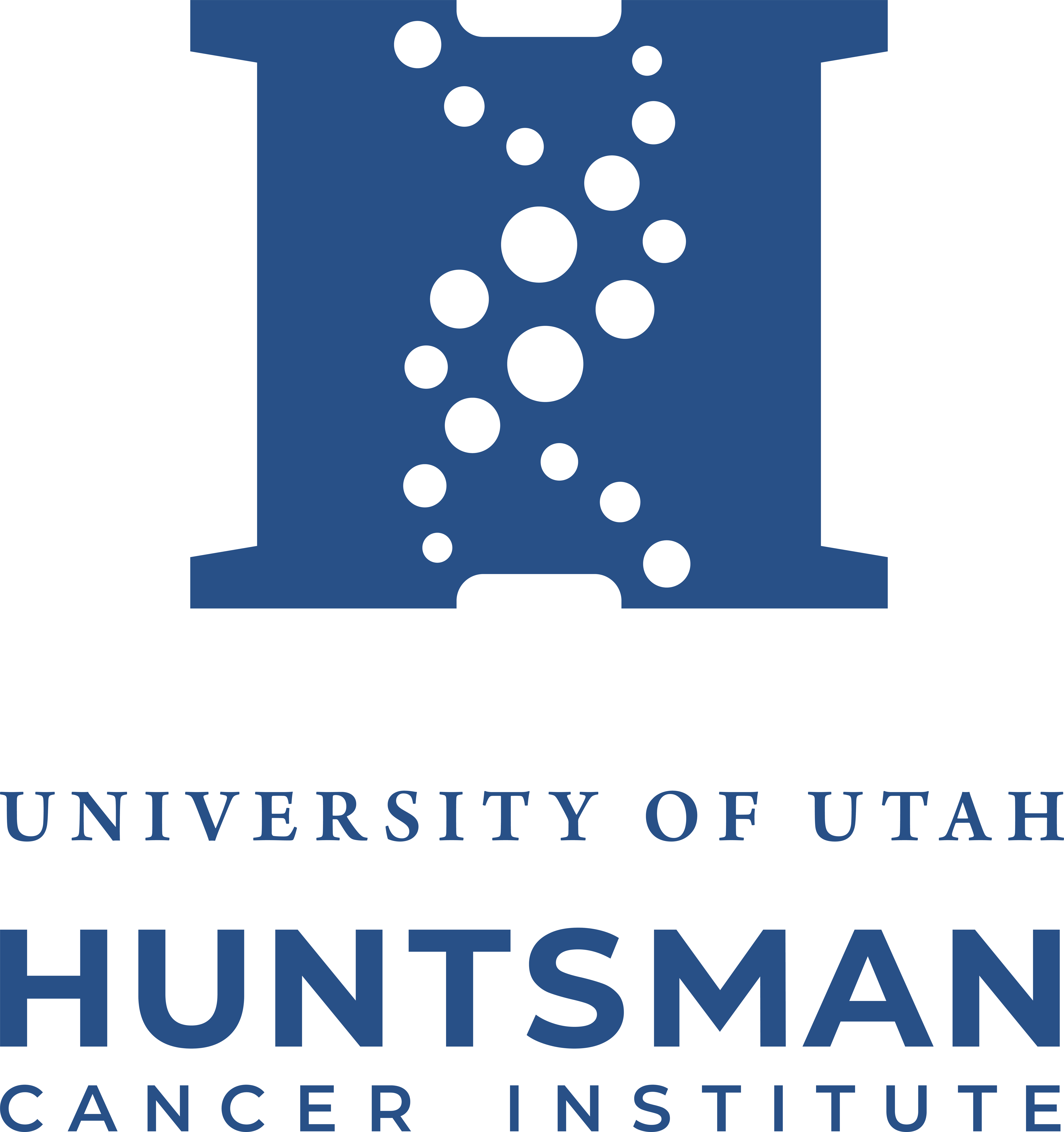
Dr. Agarwal on Impact of the TITAN Trial With Apalutamide Plus ADT in mCSPC

Neeraj Agarwal, MD, discusses the impact of the TITAN trial in metastatic castration-sensitive prostate cancer.
Neeraj Agarwal, MD, director of the Genitourinary Oncology Program, Oncology Division, professor of medicine, physician, and investigator, at Huntsman Cancer Institute, discusses the impact of the TITAN trial in metastatic castration-sensitive prostate cancer (mCSPC).
TITAN was a large, randomized, placebo-controlled, phase III trial that evaluated the addition of apalutamide (Erleada) to androgen deprivation therapy (ADT) in more than 1000 patients with mCSPC. Patients were randomized in a 1:1 ratio to receive oral apalutamide at 240 mg once daily plus ADT or placebo plus ADT, until disease progression, unacceptable toxicity, or end of treatment. The dual primary end points of the trial were radiographic progression-free survival and overall survival (OS), says Agarwal.
At the time of the first interim analysis, both primary end points were met. At a median follow-up of 22.7 months, the 2-year OS rate was 82.4% with apalutamide plus ADT versus 73.5% with ADT alone; this translated to a 33% reduction in the risk of death. The addition of apalutamide also resulted in a significant reduction in the risk of radiographic progression or death by 52%.
Based on these exciting data, in September 2019, apalutamide was approved by the FDA for use in patients with mCSPC, concludes Agarwal.






































